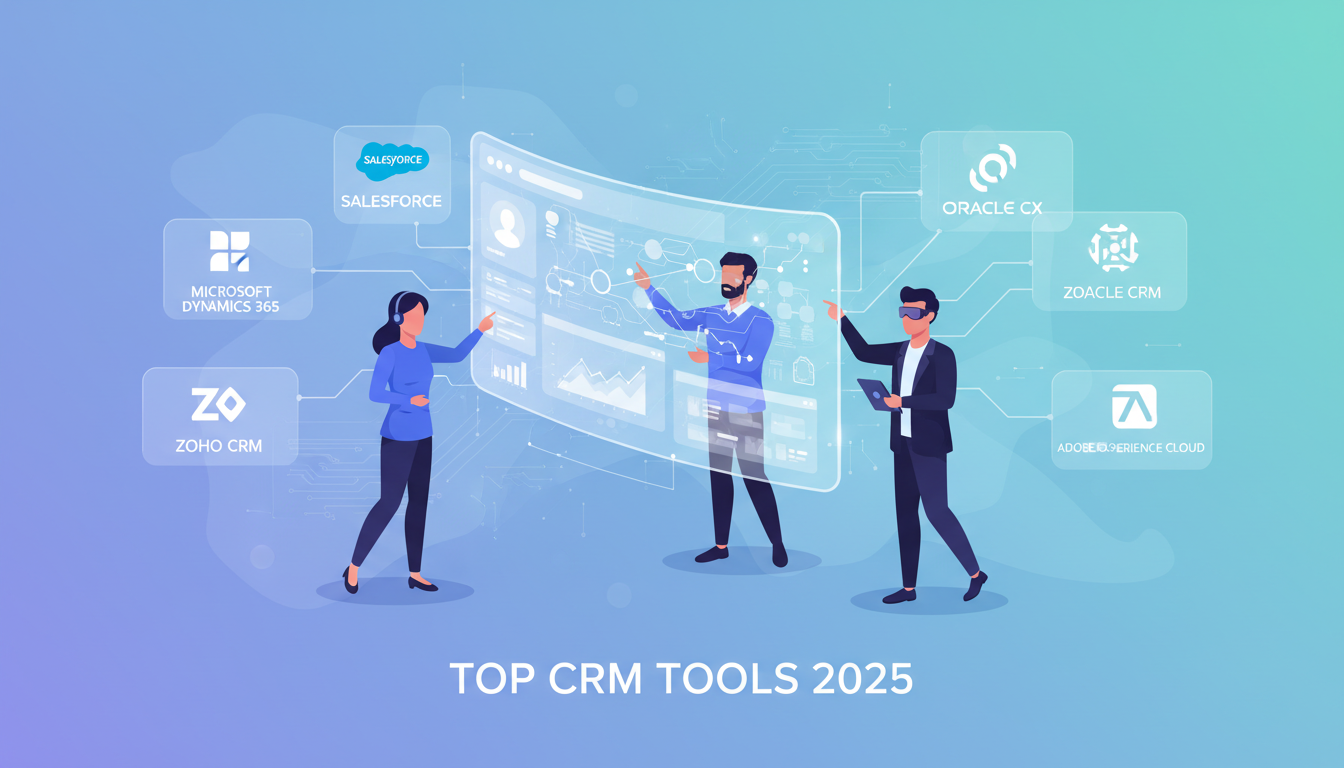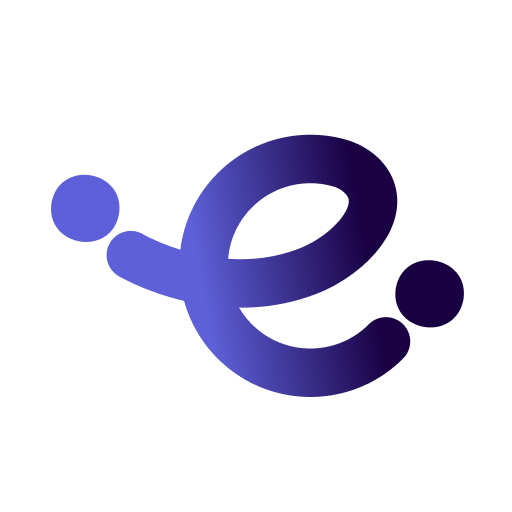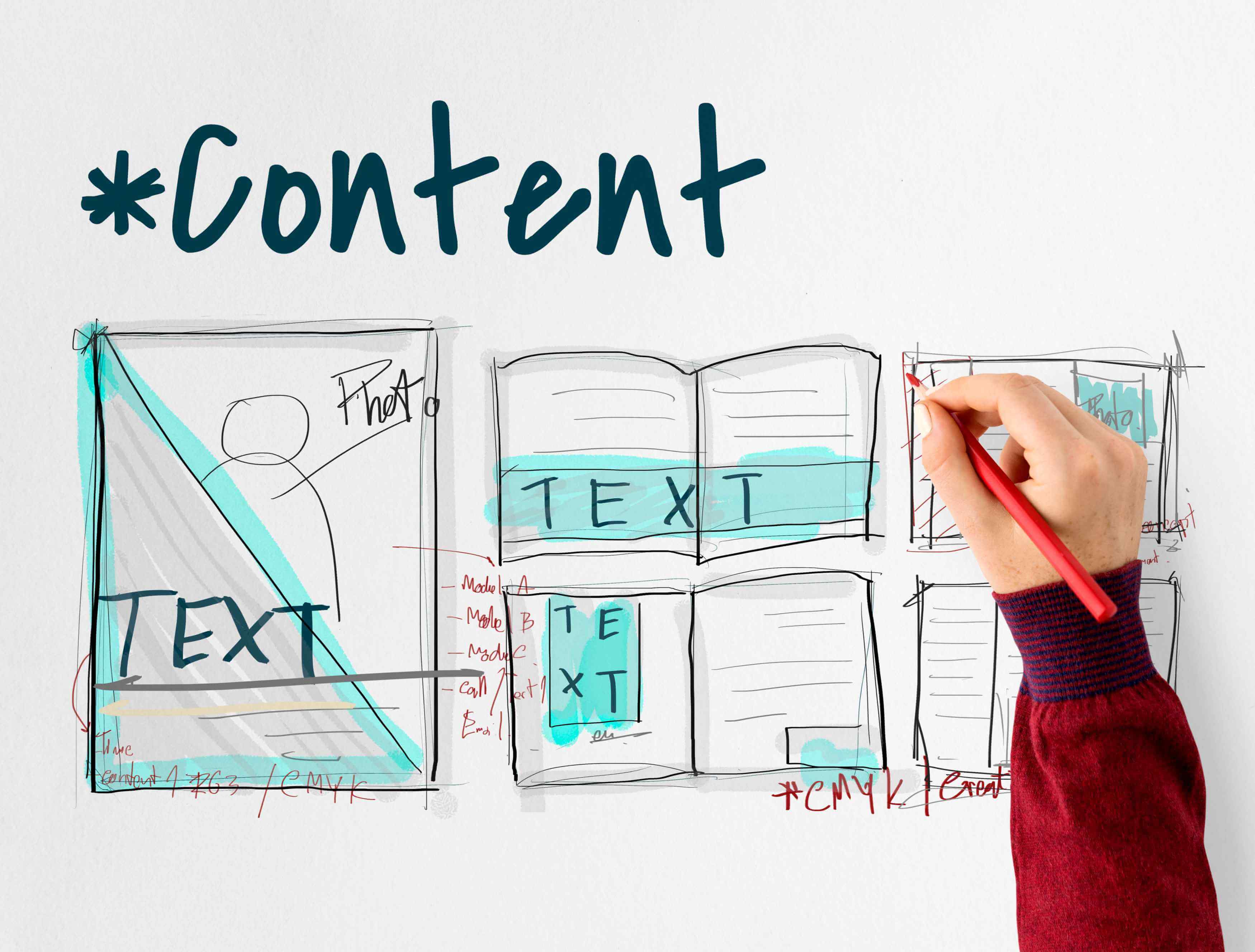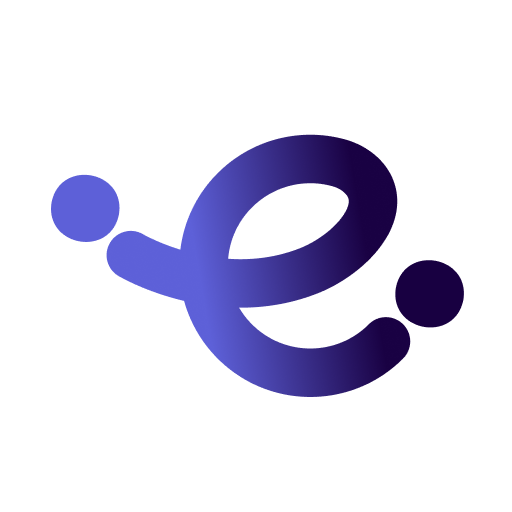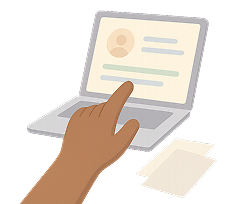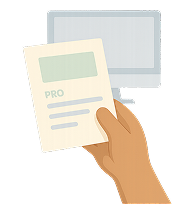What is a lean canvas?

Starting a business and building a start-up can be very difficult and complex. The process of building a business usually requires both education and experience together. Luckily, there are some tools and methods that can make this process much more simpler and understandable. You can use those different management tools as guidance in your journey of building a building or a start-up. Even though there are multiple different tools that can be useful in this process, we will now focus on one of the most commonly used tools for this purpose that is called a “Lean Canvas”.
A Lean Canvas, adapted by Ash Maurya from the original Business Model Canvas by Alex Osterwalder, is a strategic management tool that helps businesses, entrepreneurs, and startups to see the outline of their business visually on a single page. Ash Maurya's Lean Canvas focuses on a problem-solution approach, practicability, and viability of business ideas. It is a simple and understandable form of complex business plans and strategies. There are a few key elements that a lean canvas displays such as problems, solutions, key metrics, and competitive advantages. You can clearly see those key elements of a business and build your strategies upon those critical information summarized on the lean canvas. The Lean Canvas is optimized for the lean startup methodology, which emphasizes moving fast, testing, and iterating.
Click Mobile App Development to discover the detailed information about mobile app development costs.
What are the key elements of the lean canvas?
1. Problem: A lean canvas should summarize the top 1-3 problems that your target audience might be facing. In other words, you should detect a few problems that need to be fixed in the market currently.
2. Customer Segments: A lean canvas should show the specific demographics and characteristics of your target customers. Defining your customer segment correctly is critical for every other step of your business efforts such as your choice of marketing activities and your choice of primary channels.
3. Unique Value Proposition: A value proposition is what differs your service or product from the other competitors in the market. A value proposition is at the core of your marketing and sales efforts and hence it should be included in the lean canvas. Having and defining a unique value proposition is extremely important for your future overall success as a business.
4. Solution: The first element of a lean canvas was identifying the problems that your customers might be facing. You need to also add your potential solution offers to the lean canvas. For example, you may try to fill a gap in the market by answering an unanswered need or demand of your target customers.
5. Channels: You need to choose the channels that will deliver your products or services to your target audience and the channels should be included in the lean canvas.
6. Revenue Streams: Every business needs to generate revenue through the products or services they offer. This is a critical part of maintaining a successful business and this element should be added into the lean canvas.
7. Cost Structure: Cost structure is a critical part of businesses as well. Cost structure might include fixed costs like rent and payments or some unexpected costs. Overall, the financial cost of running a business should be included in the lean canvas.
8. Key Metrics: You need to define a few key performance metrics to monitor your success. These metrics can be your brand recognition, brand perception, sales, and revenues.
9. Unfair Advantage: You may have some unique aspects of your business that sets it apart from your competitors, do not forget to emphasize those unfair advantages in your lean canvas.
How do you make a lean canvas?

You can easily and simply create your own lean canvas by printing out a lean canvas example or filling the elements of a lean canvas online. It is important to complete all nine sections and collaborate with your team to ensure a comprehensive plan. You can see the elements of a lean canvas listed and explained above. All you need to do is to fill those elements with your business specific case. You can also see a lean canvas template and an example use of a lean canvas below.
Lean canvas template

Lean canvas example
Let’s see how you can use lean canvas with an example. Let’s assume we have a business that is focusing on healthy snacks and work with this case.
Problem:
-
There are a limited number of healthy snack options.
-
There is a difficulty in finding truly healthy snacks.
-
There is a lack of variety in available healthy snacks.
Customer Segments:
-
Health-conscious individuals.
-
Busy professionals looking for convenient healthy options.
-
Parents seeking healthy snacks for their children.
-
Fitness enthusiasts.
-
Wellness culture participants.
Understanding these customer segments helps in maximizing customer value by tailoring products and services to meet their specific needs.
Unique Value Proposition:
-
We are offering convenient access to a wide range of healthy snacks.
-
We are offering transparency in ingredients and nutritional information.
-
We are offering a subscription service for regular delivery of healthy snacks.
Click Mastering Value Proposition and Employee Value Proposition Canvas to discover about value proposition canvas!
Solution:
-
We can curate a variety of healthy snacks from trusted sources. It is essential to consider existing alternatives when proposing solutions to ensure differentiation from competitors.
-
We can create an online platform for easy ordering and delivery.
-
We can offer detailed nutritional information for all products.
Channels:
-
E-commerce website.
-
Social media marketing.
-
Partnerships with gyms and wellness centers.
-
Email newsletters and subscription services.
Revenue Streams:
-
Sales of individual snack products.
-
Subscription fees for regular snack deliveries.
-
Bulk orders for corporate clients and events.
Cost Structure:
-
Cost of goods sold (snacks).
-
Marketing and advertising expenses.
-
Website maintenance and development costs.
-
Shipping and logistics.
-
Employee salaries.
Key Metrics:
-
Customer acquisition cost.
-
Customer retention rate.
-
Average order value.
-
Monthly recurring revenue from subscriptions.
Unfair Advantage:
-
Exclusive partnerships with premium health snack brands.
-
Proprietary algorithms for personalized snack recommendations.
-
Strong community and brand loyalty among health-conscious consumers.
-
Strong digital presence on social media platforms and website.
Do you want to learn about different marketing strategies? Check out Red Bull's Marketing Strategy to discover.
Why Lean Canvas is important?

There are several reasons that make lean canvases very important and useful tools for business. First of all, a lean canvas is a very simple tool that summarizes the essence of a business model in just a single page. A lean canvas only focuses on the most critical aspects of any business especially if they are start-ups. By concentrating on these key elements, a lean canvas helps in maximizing customer value by ensuring that the business addresses the most important needs and preferences of its customers. Elements such as problem, solution, and unique value proposition are extremely critical for any business, especially at the first stages of establishing a new business. A lean canvas is a simple and easy-to-use tool; you can quickly create and revise a lean canvas which makes it easier to adapt to new changes and developments. Not to forget that a lean canvas offers a customer-centric approach to your business. It also allows entrepreneurs to test their ideas about the future direction of their business ideas before scaling. Through the effective use of the lean canvas you can successfully align all the team members and stakeholders about the core concepts and elements of your business.
What is the difference between lean canvas and business model canvas?

A lean canvas and a business model canvas are similar tools, yet they have a few differences that set them apart. Both lean canvas and business model canvas are effective tools for visualizing and planning business models, they are simple and easy-to-use for businesses. The main difference between a lean canvas and a business model canvas is the different elements that they include. A lean canvas includes elements such as problems, solutions, and key metrics while a business model canvas includes elements such as customer relationships, key activities, key resources, and partnerships. The difference in the elements also reflects another key difference between lean canvas and business model canvas; a lean canvas is usually used by start-ups and new businesses while a business model canvas is usually used by already established businesses. That is why a business model canvas focuses on a broader range of business elements while a lean canvas focuses on the fundamental aspects of a business. Also, that is the reason why a lean canvas is perceived simpler and usually used by startups and entrepreneurs while a business model canvas is perceived more complex and usually used by established businesses. Want to learn more about business model canvas? Discover What is a Business Model Canvas.
Do you want to find the best PR company for your brand? Check out Best Pr Agencies to discover, see the details of Best Pr Agencies in Los Angeles.
Business Model Canvas & Lean Canvas Difference Table
|
Criteria |
Business Model Canvas |
Lean Canvas |
|
Purpose |
To analyze and develop the business model of any company |
To quickly test and validate the business model, especially for startups |
|
Focus |
Overall structure and functioning of the business model |
Problem-solution fit and customer issues |
|
Application |
Mature businesses, general business model analysis |
Startups, rapid iteration, and validation processes |
|
Components |
9 |
9 |
|
Problem |
Not included |
Included |
|
Customer Segments |
Included |
Included |
|
Value Proposition |
Included |
Included (as Unique Value Proposition) |
|
Channels |
Included |
Included |
|
Customer Relationships |
Included |
Not included |
|
Revenue Streams |
Included |
Included |
|
Cost Structure |
Included |
Included |
|
Key Resources |
Included |
Not included |
|
Key Activities |
Included |
Not included |
|
Key Partnerships |
Included |
Not included |
|
Solution |
Not included |
Included |
|
Key Metrics |
Not included |
Included |
|
Unfair Advantage |
Not included |
Included |
Do you want to learn more about Business Model Canvas. See the details of What is a Business Model Canvas.
F.A.Q. About Lean Canvas
-
What is Lean Canvas in agile?
Agile is a new and effective methodology used by many businesses nowadays. Agile principles emphasize iterative development, continuous feedback, and rapid adaptation. According to Agile methodology, a Lean Canvas is a strategic tool for lean startups to outline their business model in a concise and flexible manner. The Lean Canvas allows start-ups to better apply Agile principles and easily understand and adapt their businesses. With the help of a Lean Canvas teams can better and easily understand the most critical components of their business model, such as customer problems, solutions, value propositions, and key metrics. Upon this understanding of the key components, businesses, especially start-ups can continuously improve and adapt themselves.
-
When should you use a lean canvas?
We have mentioned how a Lean Canvas is a very effective and simple tool for start-ups and new businesses to understand and build their business model. Now let’s investigate a few scenarios you should use a Lean Canvas:
-
Starting a New Business: Lean Canvases are perfect tools when you are just starting a new business and need to outline the key components and elements of this business.
-
Pivoting: Sometimes you might consider pivoting your business model based on current market conditions or customer reviews. In those times, a Lean Canvas can simply show you the problems and solutions that your target market is facing and looking for. You can use a Lean Canvas as a guide for pivoting your business.
-
Seeking Investment: Start-ups and new businesses usually need investors to further grow their business. You can benefit from a Lean Canvas in this case, because a Lean Canvas shows and summarizes your business plan in a simple, clear, concise, and easily understandable way for potential investors.
-
Team Alignment: You can use a Lean Canvas as a tool of aligning all team members in your business on the same page. Sometimes, departmentalization can make a sense of detachment within teams, you can avoid this detachment through a simple representation of your business model through a Lean Canvas.
-
Early-Stage Validation: A Lean Canvas is the perfect tool for testing and validating assumptions about your business idea before investing significant resources.
-
What is the purpose of a lean canvas?
The main goal of a Lean Canvas is to create a simple and focused visual representation of your business model that is quite useful and effective for entrepreneurs to outline, analyze, and validate their business ideas. You can clarify your core business ideas, especially in the early stages of building a business with the help of a Lean Canvas. A Lean Canvas showscore concepts regarding your business like problem, customer segments, and unique value proposition all on a single-page. The one-page and visualized format of a Lean Canvas allows it to only focus on only the most critical information about the business.
Also, this simple format of a Lean Canvas allows businesses to simply make revisions and adaptations based on reviews, market changes, and new changes and information. That is what makes Lean Canvas a preferred tool of agile development. We should also mention that a Lean Canvas has a structure and format that allows you to test new ideas and hypotheses. You can theoretically test your assumptions and validate them before applying them on your business. Last but not least, a Lean Canvas is a powerful tool for communicating your business model to others. You can use a Lean Canvas when you are trying to increase the team alignment within your firm and you can also use it to describe your business to other potential investors.
Do you want to find the best digital marketing agency for your brand? Click Best Digital Marketing Agencies to discover. See the details of Best Digital Marketing Agencies in Berlin.
"Maximize your brand's potential with expert positioning services. Find them on Edvido."



